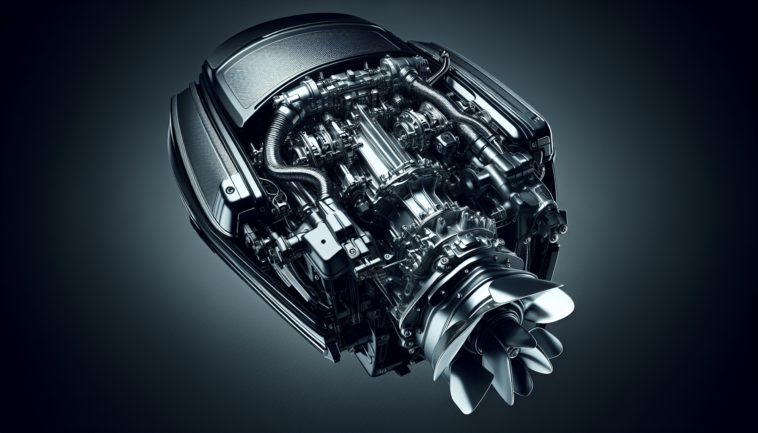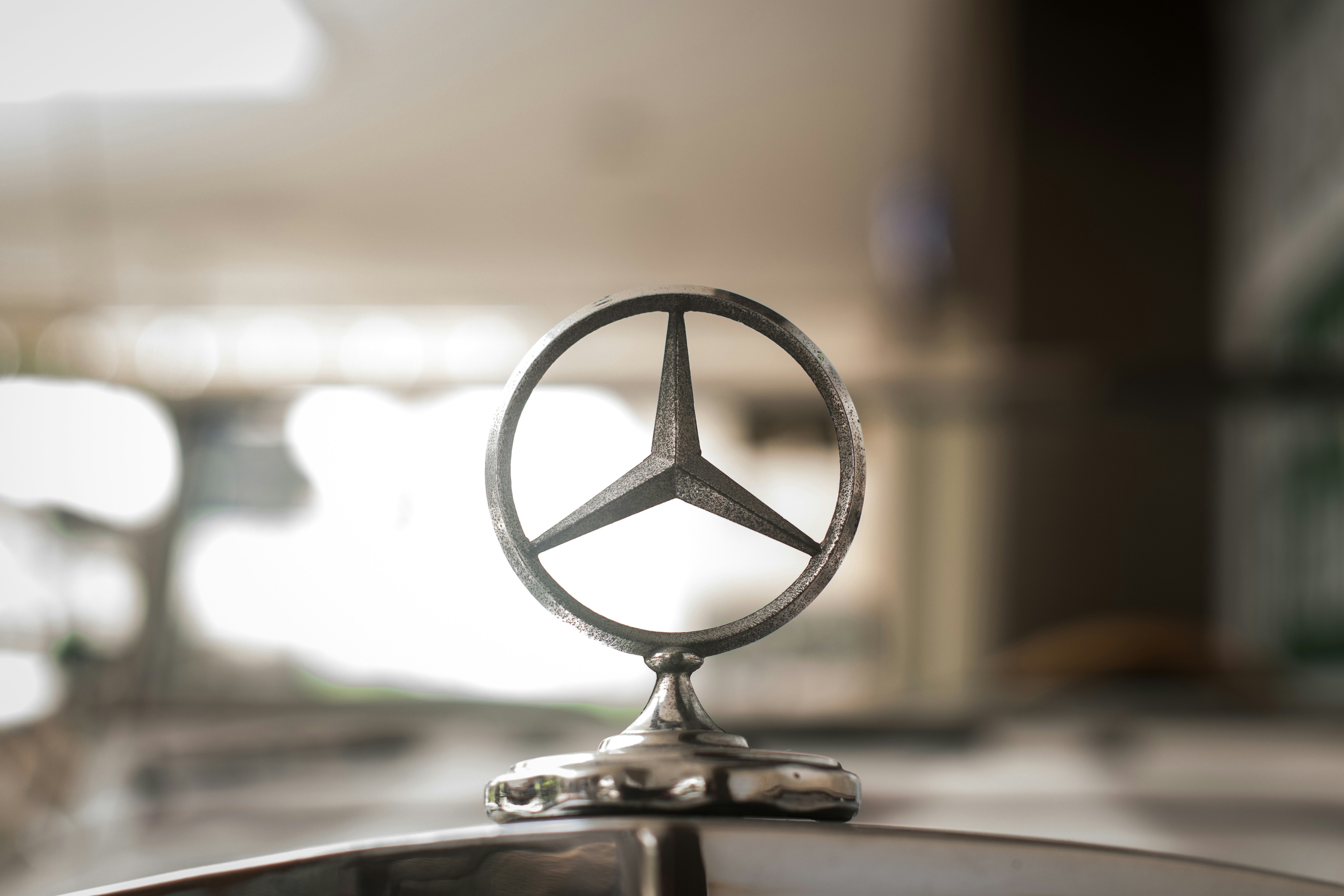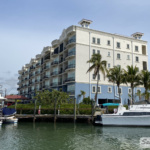Pontoon boats are a popular choice for leisurely cruises on the water, offering ample space and comfort for relaxing outings with family and friends. But if you’re considering purchasing one, you might be wondering about the horsepower options available. Well, rest assured, because in this article, we’ll shed light on the minimum and maximum horsepower range for pontoon boats. Whether you’re looking for a gentle glide or an exhilarating ride, we’ve got you covered with all the essential information you need to make an informed decision. So let’s dive in and explore the horsepower possibilities of these versatile watercrafts!
Introduction
Definition of a pontoon boat
A pontoon boat is a type of boat that features a flat deck supported by two or more pontoons, which are cylindrical flotation devices. Unlike other boats that have a traditional V-shaped hull or a deep keel, pontoon boats are known for their stability and spaciousness. They are commonly used for leisure activities such as cruising, fishing, and watersports.
Importance of knowing the horsepower range
Knowing the horsepower range of a pontoon boat is crucial for several reasons. Firstly, it helps determine the boat’s performance capabilities, ensuring that it can meet the specific needs of the owner. Secondly, understanding the horsepower range allows for better fuel efficiency and ensures that the engine is not underpowered or overloaded. Lastly, compliance with legal requirements and manufacturer guidelines regarding horsepower is essential for the safety and longevity of the boat.
Factors Affecting Horsepower
Boat size and weight
The size and weight of a pontoon boat play a significant role in determining the required horsepower. Generally, larger and heavier boats require more horsepower to achieve satisfactory performance. This is because a more powerful engine is needed to propel the boat through the water and overcome any drag caused by its size and weight.
Intended use of the boat
The intended use of the pontoon boat also influences the necessary horsepower. Different activities, such as cruising, fishing, or watersports, may have varying horsepower requirements. For example, a boat used primarily for leisurely cruising may not require as much horsepower compared to a boat used for towing water skiers or engaging in high-speed activities.
Number of passengers and cargo
The number of passengers and the amount of cargo carried on the pontoon boat affect its overall weight. Additional weight increases the load on the engine, thus requiring more horsepower to maintain desired speeds and performance. It is crucial to consider the maximum capacity of the boat and ensure that the engine can adequately handle the weight, including the passengers and any gear or supplies.
Boat speed requirements
The desired speed of the pontoon boat is another factor that affects the necessary horsepower. If you prefer a boat that can reach higher speeds, a more powerful engine may be required. On the other hand, if you are content with a slower pace, a lower horsepower engine may be sufficient. Consider your comfort level and the activities you plan to engage in when determining the appropriate horsepower for your pontoon boat.
Minimum Horsepower
Determining the minimum horsepower
When determining the minimum horsepower for a pontoon boat, it is essential to consider the factors mentioned earlier – boat size and weight, intended use, number of passengers and cargo, and desired speed requirements. Once these factors are taken into account, it is advisable to consult the boat manufacturer’s recommendations or guidelines.
Considerations for small pontoon boats
Smaller pontoon boats, such as those designed for two to four passengers, typically require lower horsepower engines. Since these boats have less weight and a smaller deck area, a lower horsepower engine can still provide adequate performance for leisurely cruising and fishing. However, it is crucial to ensure that the engine is not underpowered, as this can lead to poor handling and safety concerns.
Safety concerns with insufficient horsepower
Using insufficient horsepower on a pontoon boat can lead to various safety concerns. An underpowered engine may struggle to propel the boat against strong currents or adverse weather conditions, compromising control and maneuverability. Additionally, an underpowered engine may struggle to accelerate or maintain desired speeds, resulting in a frustrating and potentially unsafe boating experience. It is essential to select a horsepower range that ensures safe and comfortable operation of the pontoon boat.
Maximum Horsepower
Determining the maximum horsepower
The determination of the maximum horsepower for a pontoon boat follows similar considerations as those for determining the minimum horsepower. Boat size and weight, intended use, number of passengers and cargo, and desired speed requirements all play a role in determining the appropriate maximum horsepower. However, it is important to note that exceeding the manufacturer’s recommended maximum horsepower can lead to safety issues, potential damage to the boat, and void warranties.
Factors to consider for higher horsepower
Opting for a higher horsepower engine on a pontoon boat can offer certain benefits. Higher horsepower engines provide better acceleration, allowing the boat to get up on plane more quickly. They also facilitate higher top speeds, which can be advantageous for watersports enthusiasts or those who enjoy cruising at faster speeds. However, it is crucial to ensure that the boat is structurally capable of handling the increased power and speed associated with higher horsepower engines.
Benefits and drawbacks of higher horsepower
One of the notable benefits of higher horsepower engines is their increased towing capabilities. Whether you enjoy water skiing, wakeboarding, or tubing, a more powerful engine can easily tow riders behind the boat. Moreover, higher horsepower can enhance the boat’s overall performance, providing a more exhilarating and enjoyable boating experience. However, it is important to weigh these benefits against potential drawbacks, such as increased fuel consumption, higher costs, and the need for proper handling and experience when operating more powerful boats.

Manufacturer Guidelines
Consulting the pontoon boat manufacturer
When determining the appropriate horsepower for a pontoon boat, it is highly recommended to consult the boat manufacturer’s guidelines or recommendations. Manufacturers have extensive knowledge about the design, weight distribution, and intended performance of their boats, making them the best source of information regarding horsepower requirements. Following the manufacturer’s guidelines ensures optimal performance, safety, and longevity of the boat.
Checking the boat’s capacity plate
Most pontoon boats have a capacity plate, usually located near the helm or in the boat’s interior. This plate provides essential information about the boat’s maximum load capacity, recommended engine horsepower range, and various safety-related details. Checking the capacity plate is crucial for understanding the specific horsepower requirements outlined by the boat manufacturer.
Complying with manufacturer recommendations
To ensure the safety and performance of your pontoon boat, it is vital to comply with the manufacturer’s recommendations for horsepower. Following their guidelines helps maintain structural integrity, stability, and overall handling characteristics. Additionally, adhering to the manufacturer’s recommendations prevents potential warranty issues and ensures that any modifications made to the boat fall within acceptable limits.
Legal Requirements and Regulations
Boating laws and regulations
In addition to manufacturer guidelines and recommendations, it is essential to be aware of the boating laws and regulations in your area. Different jurisdictions may impose specific horsepower restrictions, particularly on certain bodies of water or for certain types of boats. Understanding and adhering to these legal requirements is crucial to avoid fines, penalties, or even having your boat impounded.
Horsepower restrictions on certain bodies of water
Some lakes, rivers, or coastal areas may enforce horsepower restrictions to protect the environment, wildlife, or other boaters. These restrictions often aim to limit noise, prevent erosion, or preserve sensitive habitats. It is important to research and adhere to any horsepower limitations imposed on the bodies of water where you plan to operate your pontoon boat.
Penalties for non-compliance
Failure to comply with legal requirements and regulations, including horsepower restrictions, can result in significant penalties. Fines, citations, and even the suspension of boating privileges may be imposed for non-compliance. It is essential to familiarize yourself with the specific regulations in your area and ensure that your pontoon boat’s horsepower falls within the permissible limits.
Horsepower Options
Range of horsepower available for pontoon boats
Pontoon boats typically offer a wide range of horsepower options to accommodate various needs and preferences. The horsepower options can vary from as low as 10 horsepower for smaller pontoons to well over 300 horsepower for larger and more powerful models. The range allows boat owners to select a horsepower that suits their specific requirements, whether it be for leisurely cruising, fishing, or engaging in high-speed watersports.
Typical horsepower options
For small to medium-sized pontoon boats, common horsepower options typically range from 25 to 150 horsepower. These engines provide sufficient power for most recreational activities and can handle the weight and passengers typically associated with pontoon boats of this size. Larger, high-performance pontoon boats may offer horsepower options exceeding 150, catering to those seeking higher speeds and pulling capabilities.
Exploring different engine types
In addition to considering the horsepower range, pontoon boat owners can explore different engine types to suit their needs. Traditional gasoline engines are commonly used and offer a balance between power and affordability. However, advancements in technology have led to the emergence of electric and hybrid engines, providing eco-friendly alternatives with reduced emissions and noise levels. These alternative engine types may be suitable for individuals seeking a greener boating experience.
Considerations for Different Uses
Cruising and leisure activities
For those intending to use their pontoon boat primarily for leisurely cruising and relaxation, a moderate horsepower engine ranging from 40 to 90 horsepower is often suitable. These engines provide ample power to navigate calm waters comfortably and ensure a peaceful and enjoyable boating experience. Considerations such as quiet operation, fuel efficiency, and ease of handling may be more important factors than raw power.
Fishing
Fishing pontoon boats often require lower horsepower engines since they are primarily used for slow-speed cruising and stationary fishing. A horsepower range of 10 to 40 is commonly sufficient for these types of boats. The focus is on maneuverability, fuel efficiency, and quiet operation to ensure minimal disturbance to the surrounding environment and maximize the angler’s chances of success.
Watersports and towing capabilities
If watersports and towing capabilities are a priority, opting for a higher horsepower engine is recommended. Pontoon boats used for waterskiing, wakeboarding, or tubing typically require engines ranging from 115 to 300 horsepower, depending on the boat’s size and weight. The power provided by these engines allows for quick acceleration and the ability to tow riders at exhilarating speeds, enhancing the watersports experience for both participants and spectators.
Horsepower and Fuel Efficiency
Impact of horsepower on fuel consumption
The horsepower of a pontoon boat’s engine has a direct impact on fuel consumption. Generally, higher horsepower engines consume more fuel due to the increased power demands required to propel the boat. Conversely, lower horsepower engines tend to be more fuel-efficient, as they generate less power and require less fuel. It is important to strike a balance between horsepower and fuel efficiency, ensuring that the engine provides adequate power without sacrificing fuel consumption.
Balancing power and fuel economy
When selecting the horsepower for a pontoon boat, it is crucial to consider the desired power output as well as fuel economy. Opting for the highest horsepower may provide exhilarating performance, but it may result in increased fuel costs and reduced overall efficiency. Conversely, choosing the lowest horsepower possible may maximize fuel efficiency but could lead to underpowered operation and limitations in performance. Finding the right balance between power and fuel economy is essential for an optimal boating experience.
Eco-friendly alternatives
For individuals concerned about environmental impact, there are eco-friendly alternatives available for pontoon boats. Electric and hybrid engines offer reduced emissions and noise pollution, providing a greener boating experience. Electric engines are powered by batteries and produce zero emissions, while hybrid engines combine electric motors with traditional fuel-powered engines. These options may offer advantages in terms of long-term cost savings, reduced pollution, and quieter operation.
Conclusion
Choosing the right horsepower for a pontoon boat
Selecting the appropriate horsepower for a pontoon boat is a crucial decision that determines its performance, safety, and overall enjoyment. Factors such as boat size and weight, intended use, number of passengers and cargo, desired speed requirements, and manufacturer recommendations should be carefully considered. By understanding these factors and considering personal preferences, pontoon boat owners can make an informed decision that aligns with their specific needs.
Considering personal preferences and requirements
Ultimately, the right horsepower for a pontoon boat depends on personal preferences and specific requirements. Some individuals may prioritize power and speed, opting for higher horsepower engines to fuel their adventurous spirits. Others may value fuel efficiency, quiet operation, or environmental sustainability. By taking into account individual preferences and considering the various factors discussed, pontoon boat owners can ensure a satisfying and safe boating experience tailored to their unique needs.







